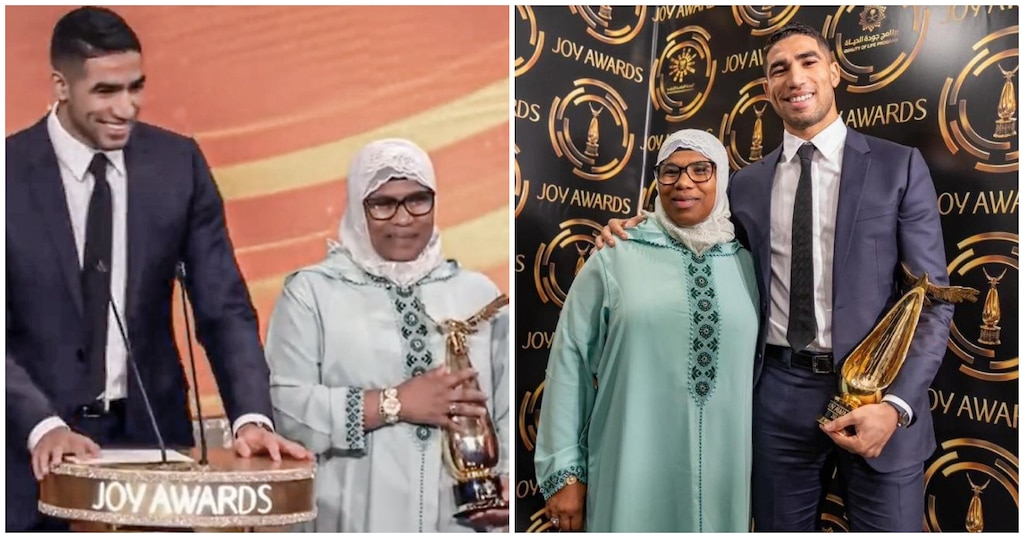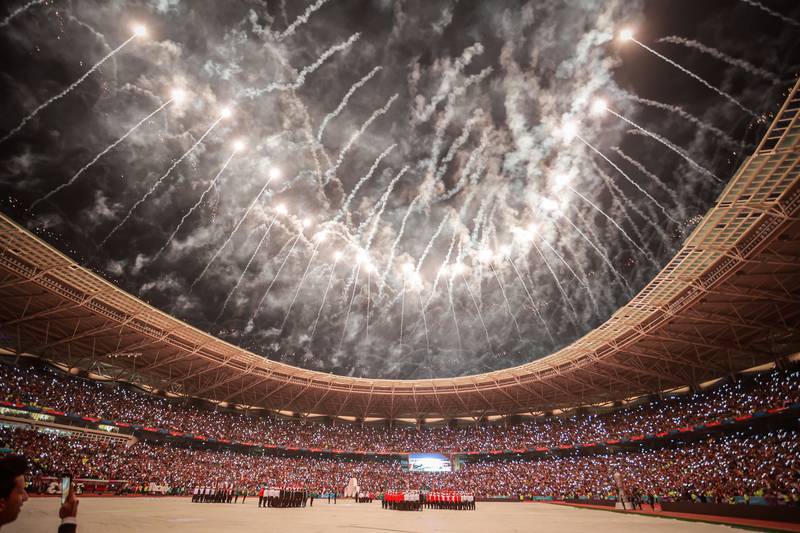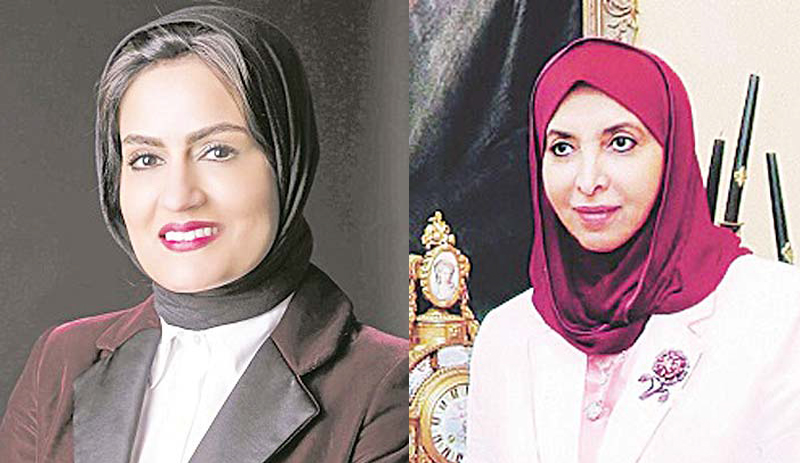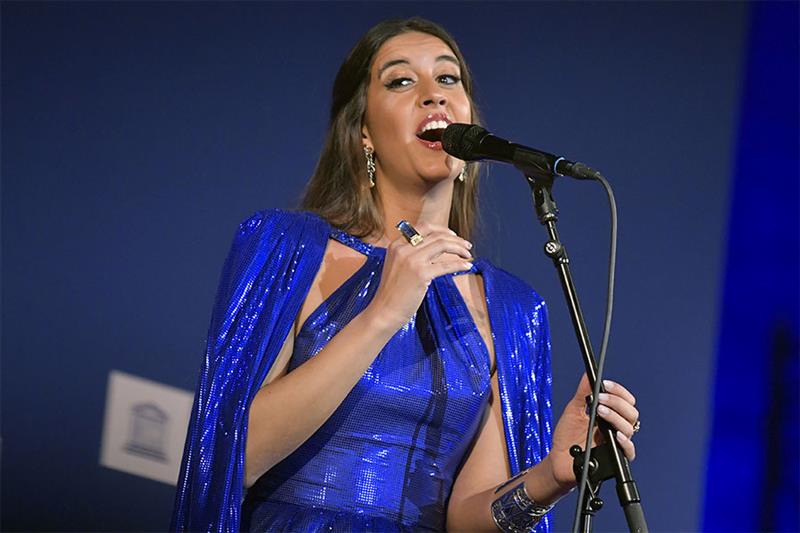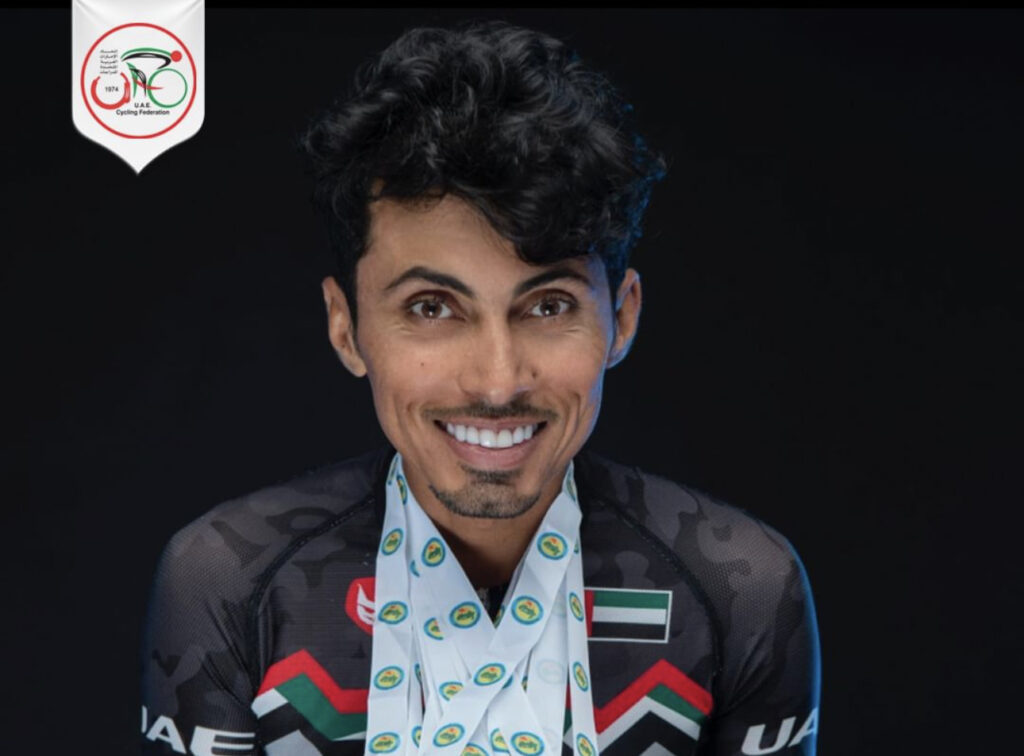Saudi Arabia Football Federation president will be part of powerful arm of world football’s governing body.
Saudi Arabia on Wednesday returned to the powerful Fifa Council with their federation head Yasser Al Misehal getting elected at the AFC Congress held in Bahrain.
Who is Yasser Al Misehal?
Al Misehal is the president of the Saudi Arabian Football Federation (SAFF), and has presided over a period of unprecedented change and progress in Saudi football, under the patronage of Saudi Crown Prince Mohammed bin Salman.
The men’s national team pulled off one of the biggest shocks in tournament history when they beat tournament favourites Argentina at the World Cup in Qatar late last year, a feat Al Misehal described in a December interview with The National as “one of the most historical moments for the Saudi nation “.
A member of both Fifa’s and the Asian Football Confederation’s Disciplinary Committees, Al Misehal also served as chairman of the Saudi Pro League from June 2016 to October 2017.
According to his LinkedIn page, Al Misehal studied Sport Management at Sorbonne University Abu Dhabi from 2014 to 2015 and has a Bachelor’s degree in finance from King Fahad University of Petroleum and Minerals.
An avid sports fan since childhood, Al Misehal is an honorary member of Al Ettifaq Football Club.
How has he changed Saudi football?
Under Al Misehal’s patronage Saudi football has undergone major changes. Saudi age-group sides have enjoyed recent success, with the Under-23s clinching the Asian Cup in Uzbekistan in June, and the U20s triumphing at the Arab Cup on home soil in August.
According to the SAFF, the organisation is responsible for the development and up-skilling of more than 3,000 national coaches – more than at any time in the country’s history – and 1,700 referees across the kingdom.
In the past three years, Saudi Arabia has invested heavily in women’s football as both grass-roots player development and the establishment in 2021 of a first women’s national team. The kingdom has also introduced an inaugural women’s football league and girls’ school league.
Latest figures show there are now 520 registered players across 25 clubs in the league, and almost 50,000 girls in the inaugural schools’ league.
Meanwhile, the Saudi Pro League is able to attract superstars like Cristiano Ronaldo, who in December joined Riyadh-based Al Nassr on what is believed to be the most lucrative contract in world football.
What is the Fifa Council?
The Fifa Council is the main decision-making body of the organisation, outside the Fifa Congress. The council is a supervisory body that sets the vision for the organisation and for global football.
It has members from six confederations, with the AFC getting seven spots in the 37-member council.
Al Misehal’s elevation to the Fifa Council restores Saudi Arabia’s presence in the decision-making position at world football’s governing body after an absence of 21 years. Al Misehal will automatically become a member of the Asian Executive Office, too.
What next for Saudi Arabia?
Saudi Arabia has grand plans for football. On Wednesday, the country won the hosting rights for the 2027 AFC Asian Cup. Saudi Arabia was the only country left in the race after India withdrew their candidature as potential hosts .
The 2023 Asian Cup will be hosted by Qatar. It was previously set to be held in China but the country withdrew because of its Covid-19 guidelines. Qatar won the tournament’s last edition, in 2019, which was hosted by the UAE.
Saudi Arabia is also looking host the 2026 women’s Asian Cup, which will be another milestone in the journey of women’s sports in the kingdom.
However, the biggest target is said to be a bid for the hosting rights of the 2030 Fifa World Cup, with Saudi Arabia reported to be considering a joint proposal with Egypt and Greece.
source/content: thenationalnews.com (headline edited)
__________

_________________
SAUDI ARABIA
